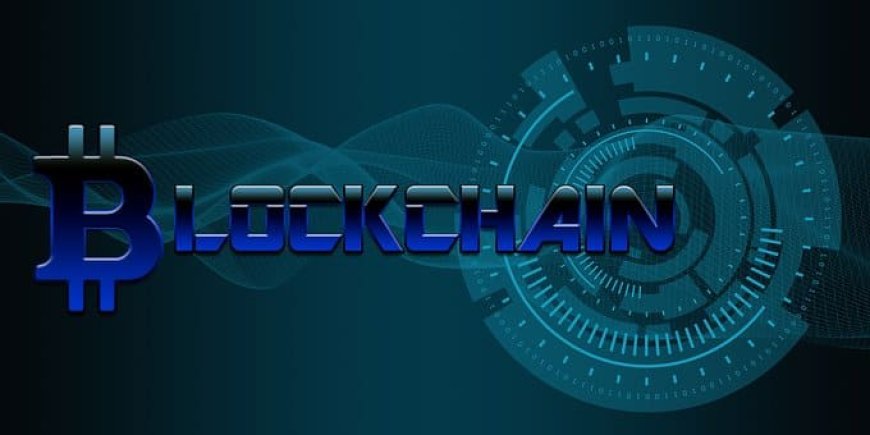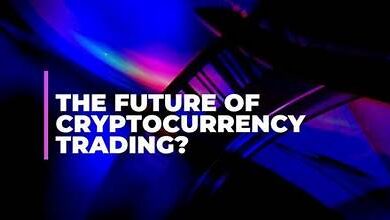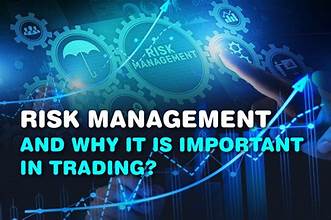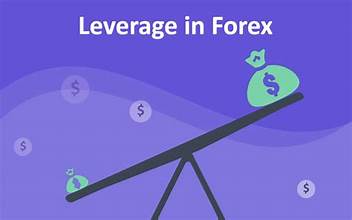
Blockchain technology was popularized by cryptocurrencies such as Bitcoins and Ethereum, but it is gradually turning into the transformation wave for many industries, now even trading. Although association with cryptocurrencies remains high, there is much beyond that digital currency. During the last years, blockchain started taking financial markets as its starting point for change and overcoming issues like security, transparency, and efficiency. This article will explain the role of blockchain in trading and how it is revolutionizing the financial transaction landscape, asset management, and much more.

What is Blockchain Technology?
In a nutshell, blockchain can be described as the decentralized and distributed digital ledger that records transactions across many computers, in a very secure and immutable manner that is both transparent and available. There is a record of the transaction in each “block,” and when added to the blockchain, it simply cannot be changed. In this regard, blockchain creates an environment which is critical for financial markets: an environment that must have high levels of trust, transparency, and security.
With this decentralized blockchain, interlinks that would be an essence for banks and brokers are wiped out. This thereby presents avenues for regulating costs as well as the inefficiencies coming through the traditional systems of trade. The other possible avenue to automate about complex financial transactions is given by the concept of smart contracts- it’s a self-executing contract wherein the actual terms written directly into codes.

Impact of Blockchain on the Traditional Market
Blockchain technology will alter the traditional financial markets and the manner in which people trade. These are a number of ways through which blockchain is transforming the way to trade and invest.
- Increased Transparency and Security
One of the key benefits blockchain offers trading systems is improving the transparency and security associated with them. Most traditional trading systems rely on centralized institutions, which easily fall victim to tampering, fraud, and hacking. Blockchain allows an immutable ledger where every transaction takes place transparently and leaves little to no possibility of modifying or forging any data involved in transactions. Higher levels of transparency might encourage trust from investors, hence lower fraud risks.
Apart from this, blockchain has strong encryption and is decentralized, meaning that it is therefore very safe. Tokenized assets held on a blockchain are guarded by cryptographic algorithms that can’t be easily broken or forged. This is thus very useful for industries handling securities trading, such as preventing fraud at all times.
- Faster and Cheaper Transactions
Normally, trading in a traditional market involves clearing houses, brokers, and custodians, which makes the settlement delayed and expensive. Blockchain eliminates most of those intermediaries while allowing a peer-to-peer transaction that will significantly reduce the trading time and cost.
For instance, in international trade, blockchain automates transactions and minimizes the number of financial institutions needed to process payments for cross-border trades. It makes settlement processes much faster, besides lowering fees on international transaction processing. Blockchain settles every transaction in real-time for a faster and cheaper trading channel.
- Tokenizing Assets
The second way in which blockchain is changing the landscape of trading is through asset tokenization. Tokenization can be described as the process whereby a physical asset such as real estate, art, stocks, or bonds is transformed into digital tokens that may be traded on a blockchain. Such tokens created signify ownership of the underlying asset and make possible fractional ownership and liquidity.
For example, tokenized real estate investments will facilitate easier purchasing of tiny stakes in properties rather than taking an entire building. Through this, there will be exposure of a huge number of investors and portfolio diversification is directly accessible. Equities and bonds tokenization will enable easy trading with the help of real-time transfer of ownership, minimal settlement times and high liquidity as equities and bonds do.
- Decentralized Finance (DeFi)
Of all the blockchain technology areas, one that seems the most promising at this time is emerging DeFi. DeFi, short for Decentralized Finance, is a collection of financial services developed as blockchain-based applications that occur without the involvement of intermediaries like banks. They have such applications as lending and borrowing, trading, insurance, and many other things.
DeFi protocols include Uniswap and Aave, through the use of blockchain in unison with smart contracts; consumers can, therefore trade or lend digital assets without requiring help from a central exchange or a bank. Blockchain brings an increase in financial inclusions whereby individuals can easily get access to services that could have been beyond their reach before. It may mean great implications for traders who now become part of the new open financial ecosystems.
- Blockchain in trade settlements
Settlement of trades, that is, transfer of securities and payment, can take few days in traditional systems because of the asset class concerned. This delay in settlement creates opportunities for errors and frauds and operational inefficiencies. Blockchain technology could smooth out the process.
Recording and settling trades in real time through blockchain can automate post-trade processes, thus reducing the errors that may occur in such activities and increasing efficiency. The settlement of smart contracts will automatically occur once the conditions stipulated are met, thus making the process faster, more reliable, and less prone to human error.

Beyond Cryptocurrencies: Expanding Role of Blockchain
Although blockchain is most famously known in the world of cryptocurrencies, financial trading applications are only slowly being picked up. Other than the above areas, there are more areas of trading disruption that blockchain can bring. These include:
- Supply Chain and Trade Finance
With its facility, blockchain can transform trade finance and supply chain management due to the actual real-time insight about the flow of goods and services. Complete tracking of the products’ life cycle is enabled due to transparency while using blockchain, and the risk concerning fraud is reduced.
It will ensure genuineness and safety of goods traded in since every step of a product journey-from production to delivery-will be recorded on the blockchain. Such an impact it shall have on industries like import-export, logistics, and pharmaceuticals where integrity of goods has to be ensured.
- Digital Identity and KYC
Know Your Customer (KYC) and Anti-Money Laundering (AML) regulations are very important to prevent fraud and ensure compliance in financial markets. Blockchain can represent an efficient and secure means of storing and verifying identities, thereby reducing the need for numerous, manual KYC checks.
This is made possible by blockchain-based digital identity management. Traders and investors can, therefore, share verified identity information with financial institutions in a secure manner. This can help streamline the KYC process and improve the overall efficiency of financial transactions.
- Blockchain in Commodities Trading
Blockchain can also make commodity trading easier, including oil, gold, and agricultural products. Traditional commodity markets are largely opaque, delayed payments, and complicated settlement processes. Commodities traders will be able to track ownership and verify the authenticity of goods on blockchain and settle trades in real time, which would reduce delays and enhance trust across the supply chain.

Challenges and Considerations
Despite its many advantages, blockchain is not without its challenges. Scalability, regulatory uncertainty, and integration with legacy financial systems remain hurdles for widespread adoption. Additionally, while blockchain is highly secure, vulnerabilities can still exist if implemented incorrectly or if private keys are compromised.
In addition, blockchain technology will disturb traditional trading models, which requires traders and institutions to be flexible. Traders interested in tapping into the full potential of blockchain have to keep abreast with changes in blockchain innovations as well as regulations.





